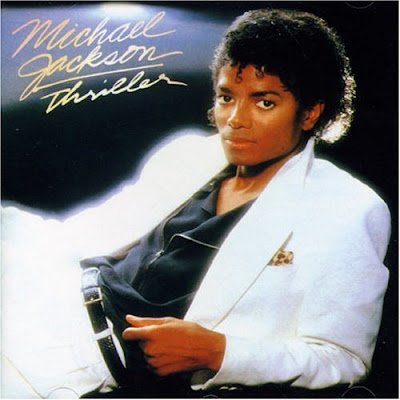Be The Revolution: LeGuin's Passing Prompts Me To Revisit My Anarchism
The idea of an “anarchist saint” might seem kind of silly at first, but that did not stop Autonomedia from starting its jubilee calendars of radical saints, now in their 26th year of publication. If anyone who has recently died qualifies for the status of anti-authoritarian saint, I would nominate the author Ursula K. LeGuin, who left life on earth behind on January 22, 2018.
After working on the Fifth Estate for more than 30 years, I collaborated on my last issue in 2010, the special literary issue that featured LeGuin on the cover. One of the issues we struggled with then and still faces all of us now concerns the paradox of living in this capitalist and authoritarian but trying not be of it. This journal has held fiercely to its anti-copyright ethos, a protest against the privatization of words and the cult of celebrity. However to feature the LeGuin essay the editors chose for that issue required us to include a copyright. As often happens in FE editorial discussions, that prompted significant debate.
Mainstream obituaries of LeGuin do not focus on her anarchism. Yet, one of the most compelling anarcho-utopian visions ever created was her 1974 novel The Dispossessed. This text takes readers to another planet to envision the profound sacrifices and stunning possibilities of stateless living. In 2017, LeGuin simply said in looking back on the book:
“I needed to understand my own passionate opposition to the war that we were, endlessly it seemed, waging in Vietnam, and endlessly protesting at home. If I had known then that my country would continue making aggressive wars for the rest of my life, I might have had less energy for protesting that one. But, knowing only that I didn’t want to study war no more, I studied peace. I started by reading a whole mess of utopias and learning something about pacifism and Gandhi and nonviolent resistance. This led me to the nonviolent anarchist writers such as Peter Kropotkin and Paul Goodman. With them I felt a great, immediate affinity. They made sense to me in the way Lao Tzu did. They enabled me to think about war, peace, politics, how we govern one another and ourselves, the value of failure, and the strength of what is weak. So, when I realised that nobody had yet written an anarchist utopia, I finally began to see what my book might be.”
This quote by the novel’s protagonist Shevek captures a whiff of the wonder with which this particular science fiction articulates anarchist dreams.
“We have nothing but our freedom. We have nothing to give you but your own freedom. We have no law but the single principle of mutual aid between individuals. We have no government but the single principle of free association. We have no states, no nations, no presidents, no premiers, no chiefs, no generals, no bosses, no bankers, no landlords, no wages, no charity, no police, no soldiers, no wars. Nor do we have much else. We are sharers, not owners. We are not prosperous. None of us is rich. None of us is powerful. If it is Anarres you want, if it is the future you seek, then I tell you that you must come to it with empty hands. You must come to it alone, and naked, as the child comes into the world, into his future, without any past, without any property, wholly dependent on other people for his life. You cannot take what you have not given, and you must give yourself. You cannot buy the Revolution. You cannot make the Revolution. You can only be the Revolution. It is in your spirit, or it is nowhere.”
Today’s science fiction is dominated by dystopias and not utopias. Remembering LeGuin has prompted me to ponder why I tried to retire from anarchism about 8 years ago and why this miserable world prompts me to periodically revisit anarchism for the audacious alternative it provides.


Comments